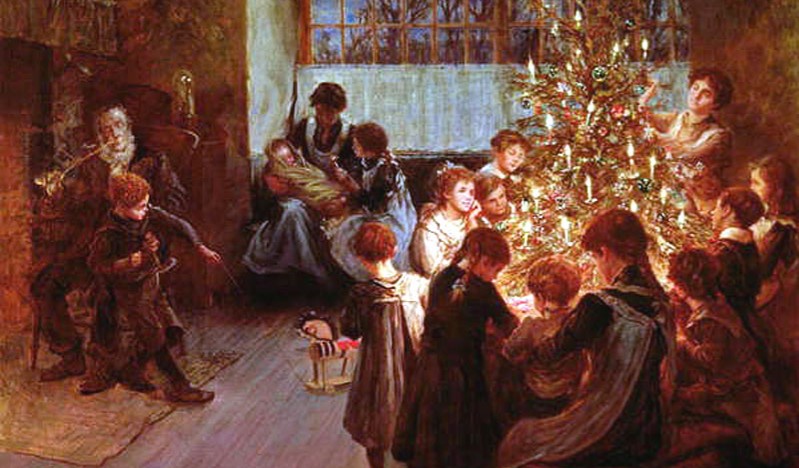- Feb 5, 2002
- 166,485
- 56,168
- Country
- United States
- Faith
- Catholic
- Marital Status
- Married
- Politics
- US-Others
Having once been an Evangelical, I was heavily exposed to the “Christmas is Pagan” or “Christmas has Pagan origins” movement in the Western world. The movement is heavily concentrated in the United States, with large pockets in Canada, Australia, and other parts of the Anglosphere. It’s primarily a Protestant problem, which was popularized during the Protestant religious movements of the 17th through 20th centuries. Today it is most aggressively pushed by Jehovah’s Witnesses, Seventh Day Adventists, Church of God, Messianic Judaism (an Evangelical Christian movement) and other Fundamentalist sects. Sadly, attacks against this holiday are used to introduce suspicion of mainstream Christian denominations, and the Catholic Church in particular.
Continued below.

 completechristianity.blog
completechristianity.blog
The Date of Christ’s Birth
The Fundamentalist attack on Christmas is centered around the date of December 25, and actually has a rather ancient origin. The 12th-century Syrian Orthodox Bishop, Jacob Bar-Salibi, proposed the following:Even though the quote comes from an Eastern Orthodox bishop, many Western Fundamentalist groups seized upon it in the late 18th century because it fit their anti-Catholic narrative. The only problem here is that the good bishop, as wise as he may have been on many other issues, was just plain wrong about this one. We have to remember that the Eastern Christians celebrate the birth of Christ on January 7. This has always been their custom, which is fine of course, and there is certainly nothing wrong with that. The quote from Bishop Bar-Salibi above appears to be an attempt to explain why Western Christians celebrate Christmas on December 25, as opposed to January 7. It appears to be directed toward the Eastern Orthodox faithful, and it appears the bishop has some cursory knowledge of Western history on this matter. However, it also appears he made an historical error, by getting the proverbial “cart before the horse,” and (probably unintentionally) reversed the order of events. It is important to note, however, that Bishop Bar-Salibi nowhere intended for his comment to be misconstrued as a blanket condemnation of the Christmas celebration, or even the Western date upon which it is celebrated. It was simply intended to be an explanation of why Eastern and Western Christians celebrate Christmas on different dates. That is all.“It was a custom of the Pagans to celebrate on the same 25 December the birthday of the Sun, at which they kindled lights in token of festivity. In these solemnities and revelries the Christians also took part. Accordingly when the doctors of the Church perceived that the Christians had a leaning to this festival, they took counsel and resolved that the true Nativity should be solemnized on that day.”
Christianity and Paganism in the Fourth to Eighth Centuries, Ramsay MacMullen. Yale:1997, p. 155
Continued below.

Against the Fundamentalist Attack on Christmas
Having once been an Evangelical, I was heavily exposed to the “Christmas is Pagan” or “Christmas has Pagan origins” movement in the Western world. The movement is heavily co…
 completechristianity.blog
completechristianity.blog
